Last Updated on December 23, 2021 by Heather Hart, ACSM EP, CSCS
Let me guess what brought you here: you’ve decided to take the plunge into training for an ultramarathon. It might be your first attempt at this particular distance, or you may have covered this ultra distance a dozen times before. But either way, still buzzing with the fresh excitement of having just hit that “register” button on Ultrasignup, you’re now contemplating how to best prepare for race day and a successful finish.
At this point in the early stages of training, you may be considering hiring an ultrarunning coach to help you safely and successfully tackle ultramarathon training (and/or demolish your race day goals). This is especially common in runners who are new to the distance, or who are trying to improve from a previous race.
But, what are the benefits of hiring an ultramarathon coach when there are plenty of free (or at least, less expensive) training plans to follow? Do you really NEED a coach? The subject of running isn’t exactly rocket science or brain surgery after all.
You aren’t alone in your contemplation. The “should I hire a coach or follow a plan” debate is something I see frequently brought up in the online ultrarunning community, and for good reason: training for ultramarathon distances is a huge commitment, one that can easily go awry. But…hiring an ultrarunning coach is also a huge commitment, both financially and timewise.
Ultrarunning Coaches: What They Do & Who Should Utilize Them
I’ve put together a three part series, comparing the pros and cons of hiring an ultrarunning coach versus the pros and cons of following a static ultramarathon training plan, and how to choose the right coach for you if you ultimately decide to hire a coach.
In this first post we’ll dive into the pros and cons of both hiring an ultrarunning coach, as well as talk about how to find the right coach for you.
Part two covers everything you need to know before hiring an ultrarunning coach, including steps to take and factors to consider when finding the right coach for you.
And in part three, we’ll talk about the pros and cons of static ultramarathon training plans, as well as how to find an appropriate plan that works for you and your goals.
My hope is that after you read both, you’ll be able to make an informed decision about which training method is the best approach for your current needs and goals.
Foreword and Disclaimer:
I feel it’s only right to declare here that I do have a financial stake in both of the options we are discussing here: hiring a coach OR deciding to follow a static training plan.
Assuming, of course, that the runner in question either signs on with our coaching business or follows one of my training plans. (Even though they are free, I do make residual income off of the in-content advertising.)
However, in my 11+ years as a professional in the fitness industry, and over 6 years specifically focusing on training ultramarathon runners, I have recognized that there are, indeed, very valid reasons for an athlete to NOT work with a coach. And in these cases, static training plans may be a better option.
As you can imagine, this is a very unpopular opinion among the coaching world, but nevertheless, I’m not afraid to admit that not every ultrarunner needs a coach to be successful.
So ultimately, I hope you find that the following article is approached with a very neutral and unbiased opinion, not only from a perspective as a professional ultrarunning coach, but as an runner myself, who has both worked with coaches, and followed static training plans over the last 15+ years as a runner, and had successes and failures with both approaches.
What is an Ultrarunning Coach?
In theory an ultrarunning coach is an educated and qualified professional in running industry who helps guide athletes throughout their ultramarathon training process. Hopefully this coach not only has personal experience training for and running ultramarathon distances, but also has extensive knowledge and education on how to help others do the same (as well as the credentials to back it up).
What does an Ultrarunning Coach Do?
An ultrarunning coach will provide an athlete with an individualized training program, and guide the athlete from the start of training to, hopefully, the finish line of their goal race.
What does individualized mean? I go more in depth on this topic later in the post, but in short, “individualized” means that the training program is written specifically for your goals, based on your needs. In theory, your plan is one of a kind.
That said, some athletes utilize the services of a coach year round, for professional guidance during their off season as well.
Depending on the coach or the coaching group, there are a slew of coaching options or levels, from monthly check ins to daily check ins, as well as virtual or in person coaching. But the bottom line, in reference to this post, is that an ultrarunning coach provides you with a plan designed for you and goals.
Individualized Training vs. a Static Training Plan
A static training plan is a generic plan written by a professional in the running industry (again, in theory). These sort of plans are designed based on methodology and programming that is known to be effective and appropriate for most, when followed as programmed.
Static training plans are usually built following a specific model of periodization, with progressively increasing volumes of training “stress” over a given amount of time, paired with periods of rest, with the goal of bringing an athlete to peak performance at the time of their race.
These training plans can vary WILDLY depending on the approach. You may find everything from a simple, linear increase in volume, to a plan with more detailed mesocycles or microcycles to help focus on specific aspects of your training, such as improving speed, strength, or endurance.
Regardless of the detail, a static training plan is just that: static. The workouts are laid out for you from start to finish.
Who Can Benefit from an Ultrarunning Coach?
Contrary to popular belief, running coaches are NOT reserved for elite athletes only. In fact, I would argue that runners stepping up from traditional running distances to ultramarathon distances may be one of the best candidates for working with a coach.
Any runner at all, from beginner to elite, who wants or needs guidance along their training journey, can absolutely benefit from working with a coach. Whether it’s your first ultramarathon, first time at a new-to-you distance, or even if you’ve done this a hundred times before.

The Benefits of Hiring an Ultrarunning Coach:
As a coach myself, I will be the first to admit that no, training for an ultramarathon is not rocket science or brain surgery. However I will boldly say that the physiology behind running and training is not widely understood by most athletes. And further, even if it is understood, having the practical ability to apply that knowledge to a training plan certainly isn’t common.
If it was, I wouldn’t have a job.
So the first obvious reason to hire an ultrarunning coach is the same exact reason you pay any other professional to help you reach your goals or meet your needs: because with their help, the end result will likely be better.
(Sure, I COULD cut my teenagers hair, but I think we’re all pretty glad I leave it to an expert.)
Let’s look at some other benefits of working one on one with an coach to help you train for your ultramarathon:
Individualized Training
One of the most important reasons to hire an ultrarunning coach is for individualized training. But what does “individualized” even mean?
It means that your training is built around:
- Your starting fitness level / running base
- Your experience as a runner
- The specificity of your goal race, including things like:
- Difficulty of the course
- Terrain of the course (Gnarly single track? Smooth dirt roads? etc.)
- Elevation gain/loss and/or altitude considerations
- Applicable cutoffs
- Your physical limitations or health concerns*
- Any scheduling limitations or concerns
- How well you progress through the training cycle:
- Are you making physiological adaptions to the training faster or slower than anticipated?
- Are you recovering faster or slower than anticipated?
- Other “for fun” or training races that you’d like to incorporate into your schedule.
- Balancing other activities that may be a priority for you
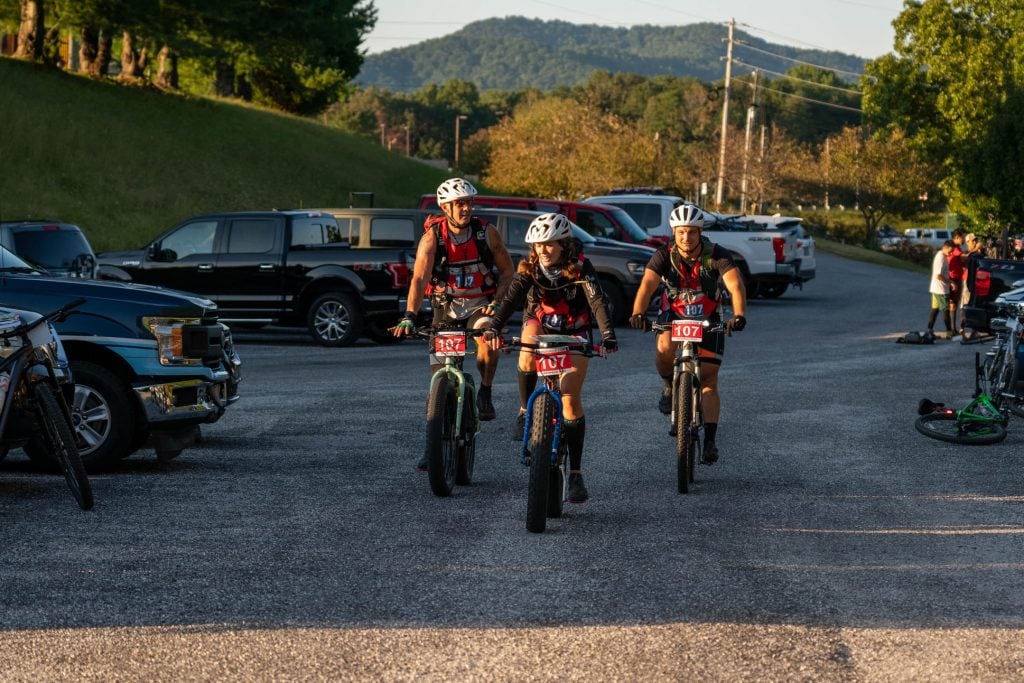
Remember: no two athletes are going to start training with the exact same level of fitness or experience, progress at the same rate, have the exact same circumstances, struggles, or successes over the course of a 20+ week training plan. Individualized training means that you’ll have access to the best possible training plan to help YOU reach YOUR goals.
Accountability
Though I personally think individualized training is the number one reason to work with a coach, the reality is that I’ve found accountability is the number one reason why runners hire a coach. I have had endless clients say to me, something along the lines of “I know I could figure this all out on my own, but I need to pay someone to hold me accountable to get my workouts done.”
And I certainly get it.
Ultramarathon training can be very time consuming and sometimes even overwhelming. It goes without saying that for many runners, there may be lulls in a training cycle where finding the motivation to get outside for yet another super long, long run seems impossible.
But having an ultrarunning coach on your side may bring the motivation you need to successfully stay focused throughout the entire training cycle. Or, to at least have someone to verbally kick your butt out the front door to get your workout done when you really don’t want to.
A Second Set of Eyes on Your Training
Hiring an ultrarunning coach is ensuring a second set of eyes on your training that may be able to pick up on things you might miss. Runners – especially ultrarunners – tend to be stubborn, and are apt to push through difficult workouts or even periods of training when perhaps, they shouldn’t. And worse, they may not even realize it.
A coach may be able to identify weaknesses you weren’t aware of, and help you strengthen or correct them. On the other hand, a coach may help you identify strengths as well, and help you capitalize on them.
Further, a coach may pick up on trends or even habits that may be detrimental to the overall training picture, like running recovery efforts too hard/fast, noticing that an athlete is participating in too many other “hard” non-running workouts, poor overall pacing strategy, running too many “for fun” races rather than focusing on training, etc.
Improvements in Performance
I think it goes without saying that coaches aren’t only for brand-new ultrarunners. If you’ve plateaued with your improvements as an ultrarunner, and you aren’t exactly sure why, a coach can help. Or, if your race goal includes setting a PR time, or trying to podium, stepping up your game with a coach may be the answer. Sometimes all it takes is a vastly different approach than what you have been doing in your training, in order to see improvements. Or, as already mentioned, a “second set of eyes” to perhaps understand WHY your current approach hasn’t been working.
Fluidity With Life
One of Hart Strength and Endurance‘s founding principles is the idea that “Life Happens”. The majority of runners lining up at the start line of an ultramarathon are not elite runners who are vying to win a podium spot (and potentially a paycheck). Nope. It’s moms, and dads, and business owners, and students, and caretakers, and people who have life responsibilities that honestly take prescience over runner.
The reality is that sometimes training takes a back seat to other, more important things. Maybe your kid’s soccer team unexpectedly made the finals of a championship tournament, so you miss a big weekend back to back long run training block in order to cheer them on. Perhaps you have a non-negotiable work deadline, and end up staying late for a week, missing multiple workouts. Or maybe YOU get sick and fall behind on your training.

A running coach can help you adapt your training plan on the fly, in order to help you safely bridge the gap between where you left off on your training, and where you should be.
Professional Expertise = You Don’t Have to “Think”
Listen, I get it: training advice (in addition to general fitness, health, and nutrition advice) can be confusing and overwhelming for most. And honestly, that’s no surprise. Seeing as the industry as a whole is woefully unregulated, and it’s hard to understand who is an expert, or who is pretending to be one.
So if you personally aren’t an expert, it can feel a little daunting trying to come up with your own plan, or trying to adjust your plan mid training cycle.
When you hire an ultrarunning coach, you are paying for professional guidance as you work towards your end goal. You let them do the “thinking” for you, so that you don’t have to stress about ensuring you are programming and executing your training effectively or even correctly.
Experienced Guidance Beyond Just Training
Speaking of nuances: actually competing in an ultramarathon can feel like a whole different sport compared to traditional road racing. From the aid station food tables, to drop bags, to assembling a crew, to learning how to carry your own nutrition and hydration sources, to figuring out a caffeine strategy for overnight miles, and so much more – there is a lot to learn when you are new to this sport.
For example, if a client comes to me unsure of their fueling strategy, I will work with them to find the ideal long run and race nutrition right from the start. If they aren’t certain their current running shoes are the ideal shoes for their race, I can help them better understand not only the demands of the course (trail shoe? road shoe? etc.) but explain from experience strategies that involve things like possible shoe changes mid race, etc.
For my 100K and beyond clients, during their last month of training before their race, I help them strategize packing their drop bags, or understanding how to assign roles to their crew members, or what to do if suddenly they are no longer having success with a fuel source that was seemingly working so well before.
I am here to answer any and all questions pertaining to race day, as well as calm any last minute fears or hesitations. And, if you live close enough, I can sometimes even be there to support athletes in person at their races.

An experienced coach can help you navigate all of these “other” things that frankly, CAN be the difference between a finish line success or a DNF.
Possible Cons of Working with an Ultrarunning Coach
Alright, we’ve listed plenty of reasons why hiring a coach can be invaluable. But, let’s look at very valid reasons why hiring a coach might not be for everyone:
Financial Investment
Let’s get this one out of the way: run coaching can be expensive. The actual cost of a running coach varies greatly among the industry. I’ve seen everything between $40 a month for basic coaching to over $1200 a month for premium, unlimited coaching with some of the top coaches in the industry. And of course, everything in between. What is considered “expensive” is relative as well, and should be considered on a individual bases based on their personal circumstances.
But, the bottom line is that hiring a coach costs money, and is a long term financial commitment. The reality is, not everyone may have the financial means to make that commitment, and therefore I’m listing this under the “cons” section.
The Pressure of Accountability
Believe it or not, I can speak about this factor from personal experience. Who would think a full time running coach would list “accountability” as a negative thing? But hear me out: while accountability is typically a good thing for athletes, some runners may find the pressure of accountability to be stressful.
In the past, as an athlete myself, I have worked with some wonderful coaches. At no fault of their own though, knowing that I had to check in with a coach caused me a lot of unnecessary stress. Suddenly, running seemed like something I HAD to do rather than something I wanted to do, and it began to take away my enjoyment of running. Further, I felt as if I was disappointing someone else other than myself if I missed a workout.
As a coach, I have seen this in countless athletes as well. Without fail, almost every new-to-me client will inevitably send an email within our first month together apologizing for a missed workout, and profusely promising they’ll “never do it again”. Of course, I respond letting them know that there is no need to apologize, occasionally missing a run happens and they are not disappointing me. Most runners seem relieved, and we don’t have to have that conversation again.
Others, though, for whatever reason, feel too much pressure from the accountability, and ultimately decide coaching isn’t right for them.
Having to Follow a Plan vs. Doing What You Want
Everyone has their own reasons for running. If you only run for fun, if you let your mood or mental health guide your running, if you are a “run-streaker“, you only want to run with a group, if you prefer to run at the same pace no matter what and really don’t care about how that may hinder your training, then hiring an ultrarunning coach might not be the best idea for you.
And there is NOTHING wrong with that.
I like to remind athletes that their running journey is THEIRS, and it doesn’t have to “look” like anyone else’s. So if running everyday is what matters most to you? Go for it. If letting your mood dictate the pace. distance, or effort at which you run? Awesome.
But…if you hire a coach to help you reach your running goals, there is the expectation that you will adhere to the training plan that the coach creates…for the most part. We all have those occasional days when we have to run our hearts out, and boy do I get it. But, by constantly “doing what you want” you are not only not going to reap the benefits of the programming (the “method to the madness”) but to put it bluntly, you are wasting your time, and the coach’s time.
Personality (Yours)
Maybe, ultimately, you just don’t like being told what to do, or you trust that you know your body best, and what’s best for your training. Guess what?
That’s perfectly acceptable.
Fun fact: my husband refuses to coach me, because I’m one of those clients as well.
Final Thoughts On Working with an Ultrarunning Coach:
Many clients come to me having never worked with an ultrarunning coach-or a running coach in general-before. Often times they are hesitant, fearing either the training will be too hard, too involved, or they will simply feel that they aren’t a “good enough” runner to reap the benefits of working with a coach.
But the reality is, working with a coach can be beneficial for almost ANY runners, as long as you find the right coach for you. Be sure to check out part two of this three post series, explaining exactly HOW to find the right ultrarunning coach for you.
Heather Hart is an ACSM certified Exercise Physiologist, NSCA Certified Strength and Conditioning Specialist (CSCS), UESCA certified Ultrarunning Coach, RRCA certified Running Coach, co-founder of Hart Strength and Endurance Coaching, and creator of this site, Relentless Forward Commotion. She is a mom of two teen boys, and has been running and racing distances of 5K to 100+ miles for over a decade. Heather has been writing and encouraging others to find a love for fitness and movement since 2009.
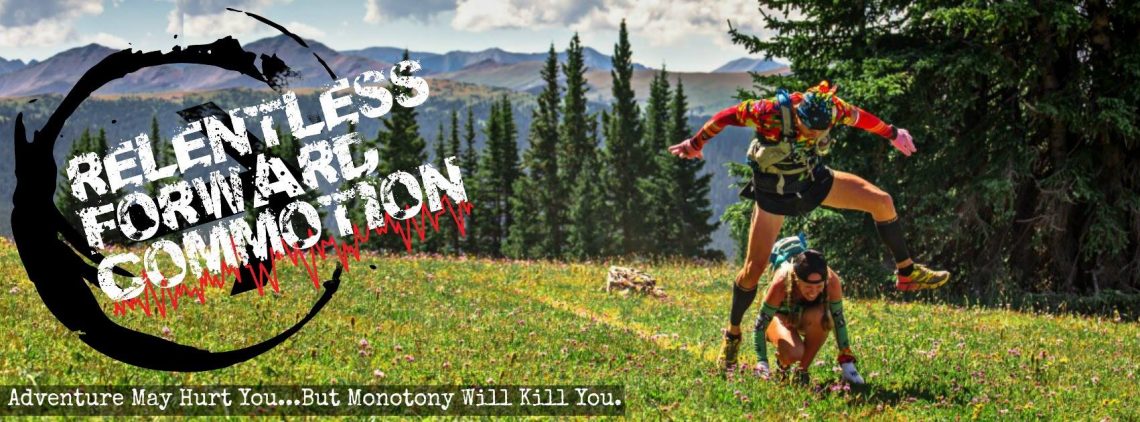
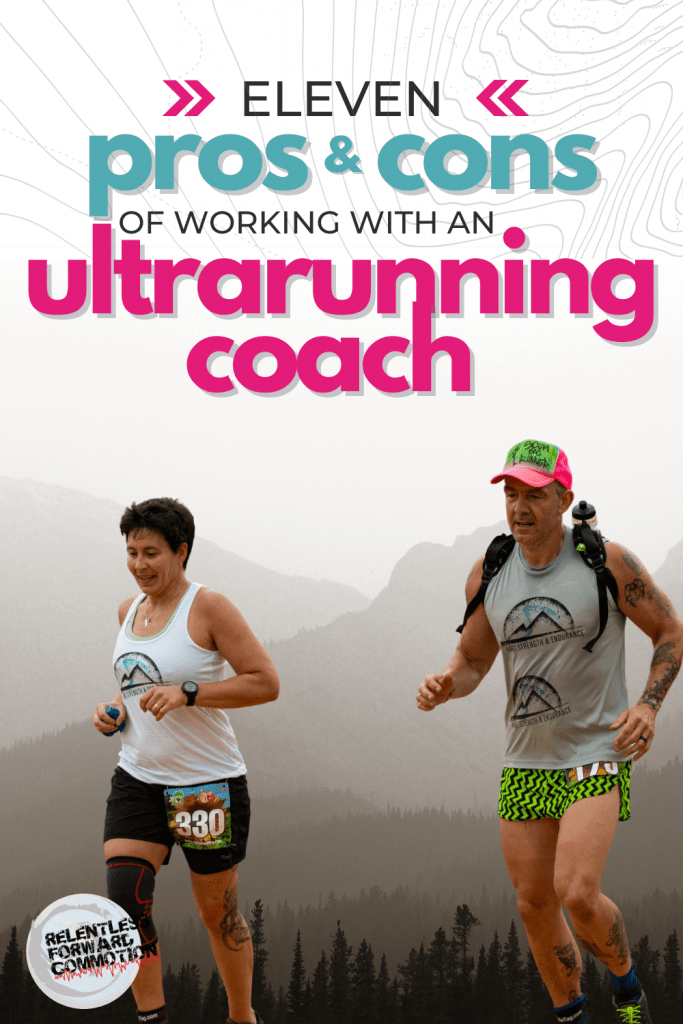
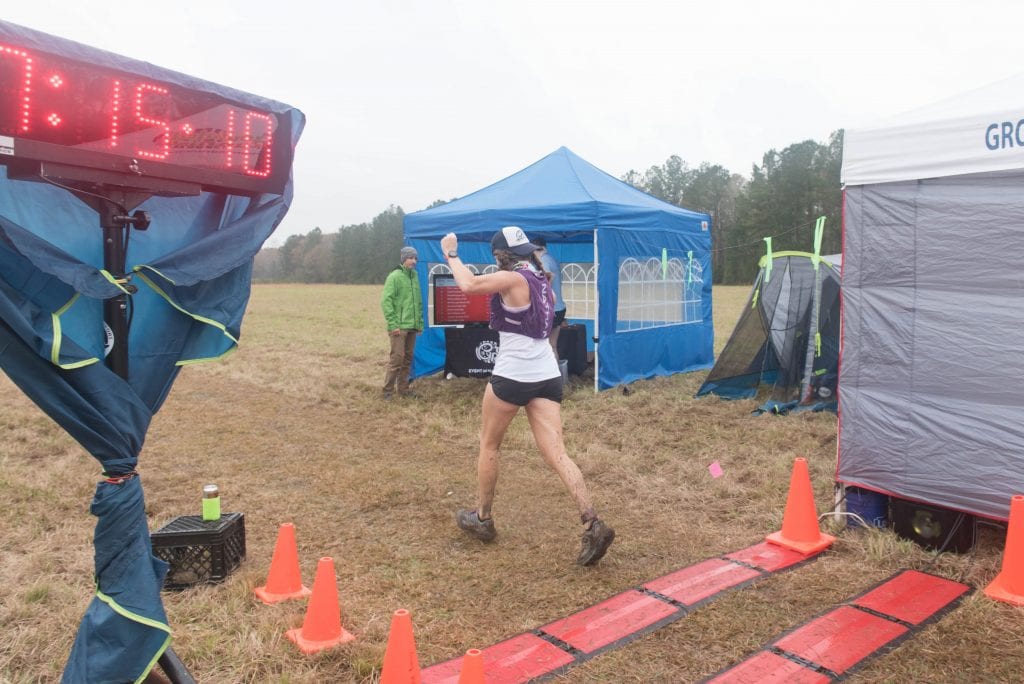

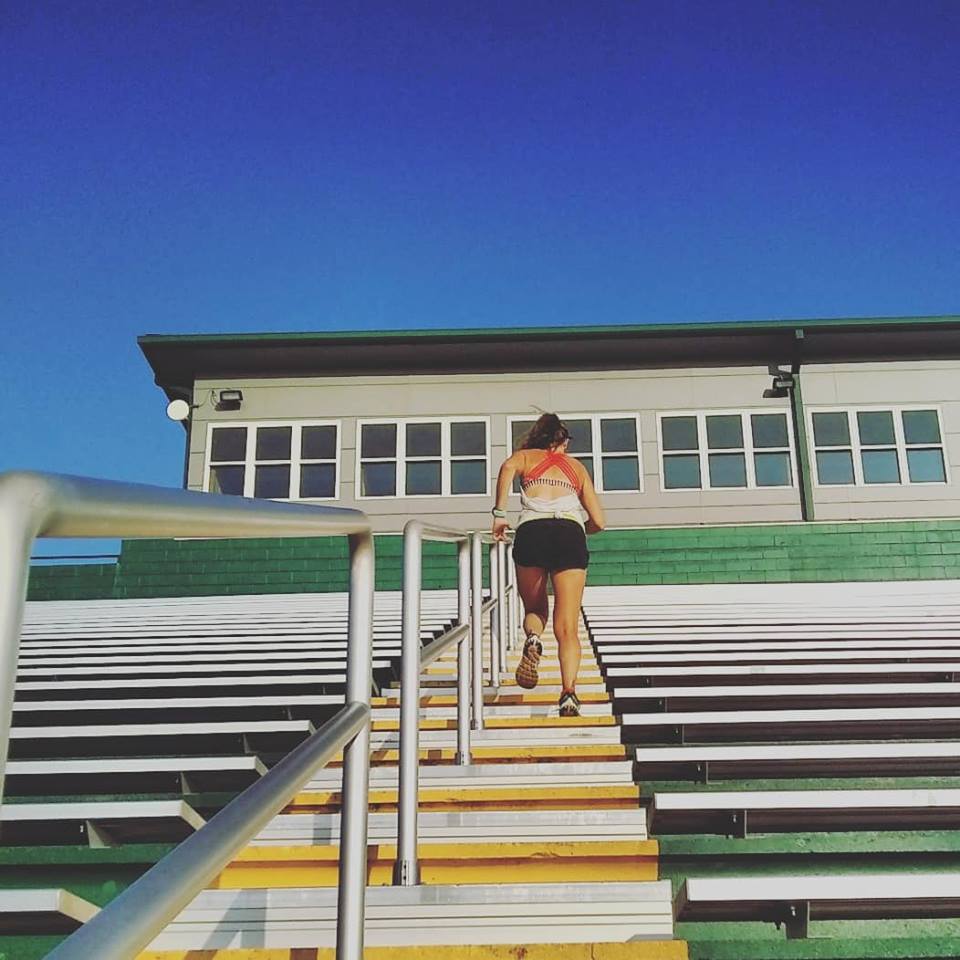
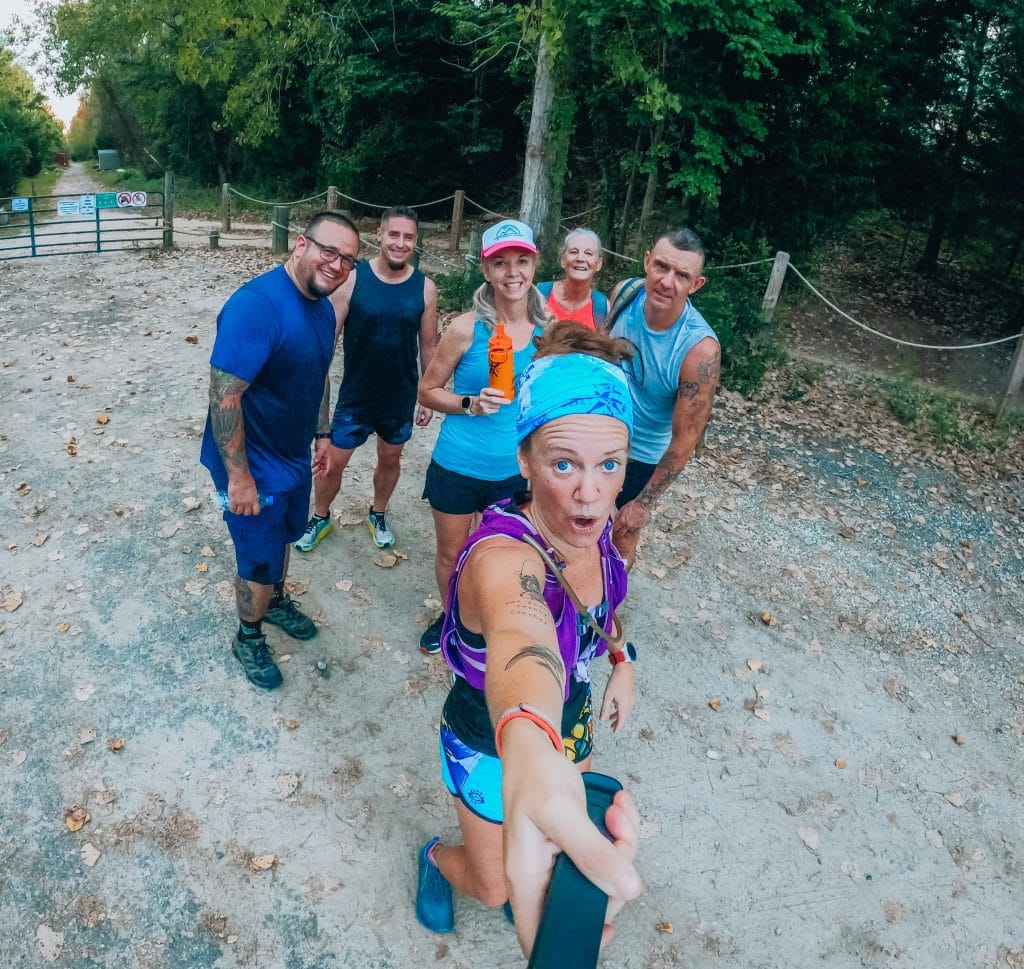
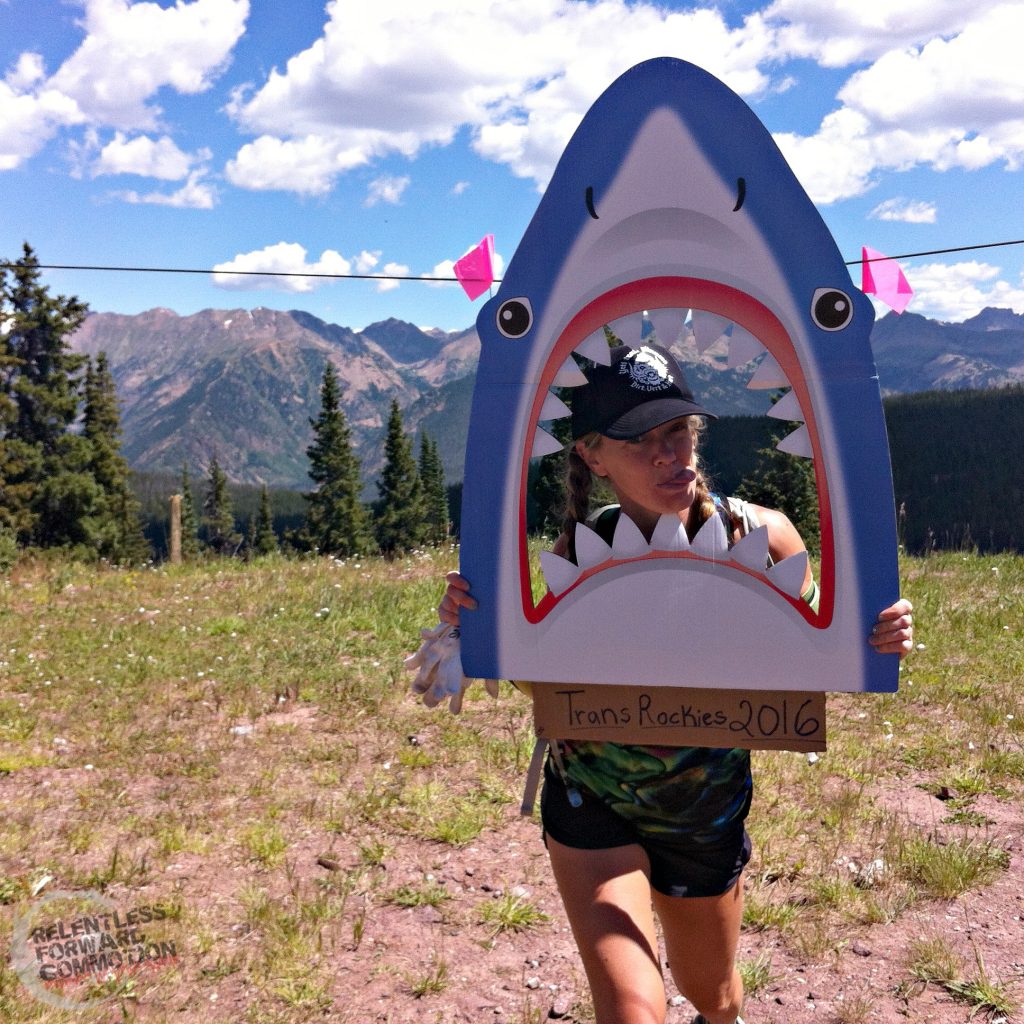
Leave a Reply